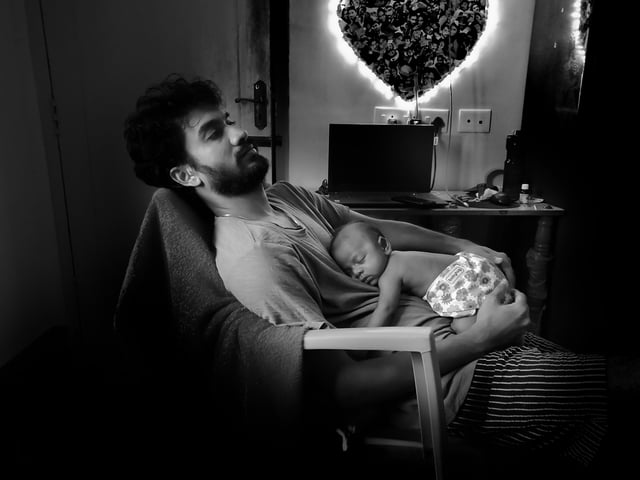Overview
- In a sleep experiment with 142 adults without children, women were only about 14% more likely than men to wake to whisper-level sounds and showed no significant advantage at louder volumes
- A one-week diary of 117 first-time parent couples in Denmark revealed that mothers handled 76% of nighttime infant care, three times more often than fathers
- Computer simulations based on participants’ sound sensitivity predicted mothers would perform 57% of overnight care, underscoring that sensory differences alone cannot account for the real-world disparity
- Researchers point to earlier maternity leave start dates and mothers’ nighttime breastfeeding routines as primary social factors behind the uneven sharing of night duties
- Denmark’s expansion of earmarked paternity leave from two to eleven weeks exemplifies a policy step aimed at promoting more equitable distribution of overnight caregiving


